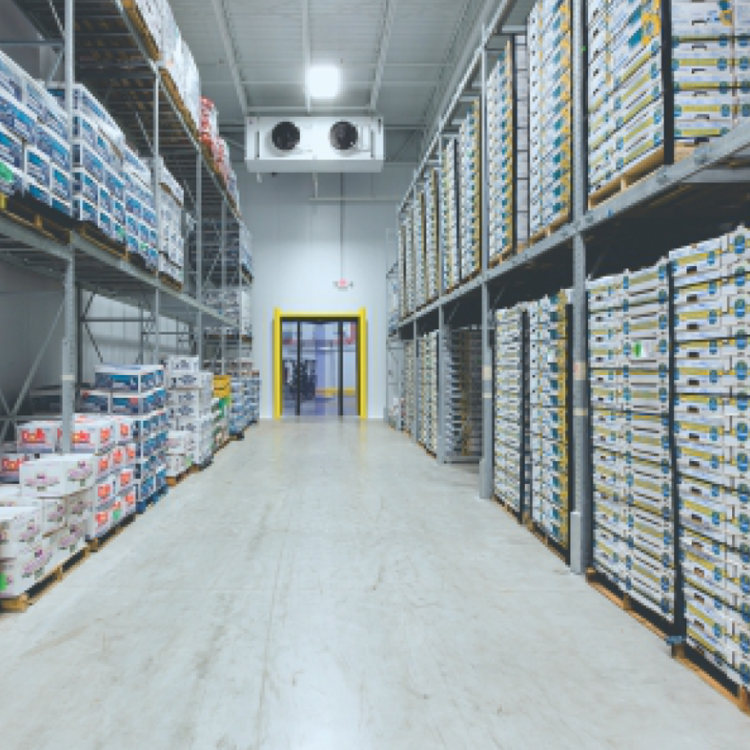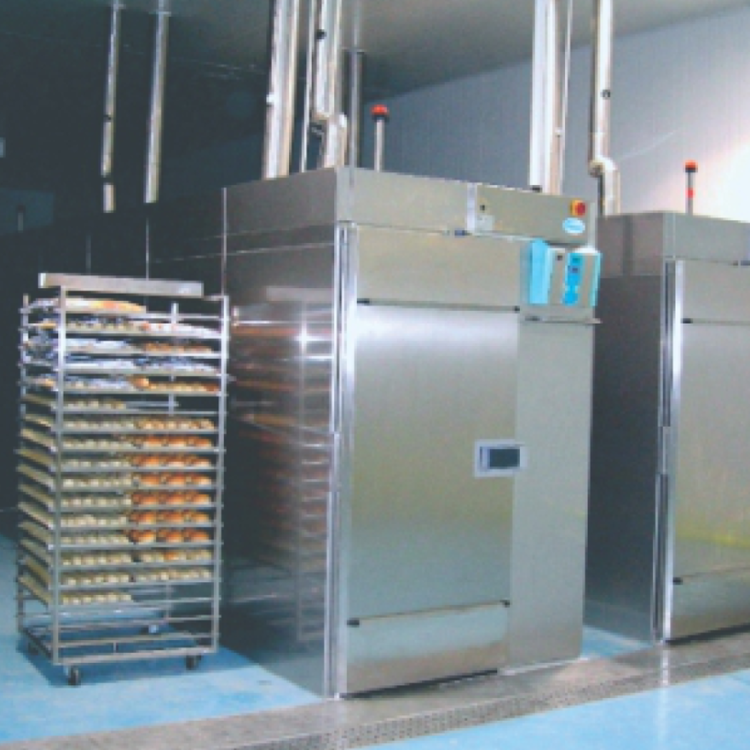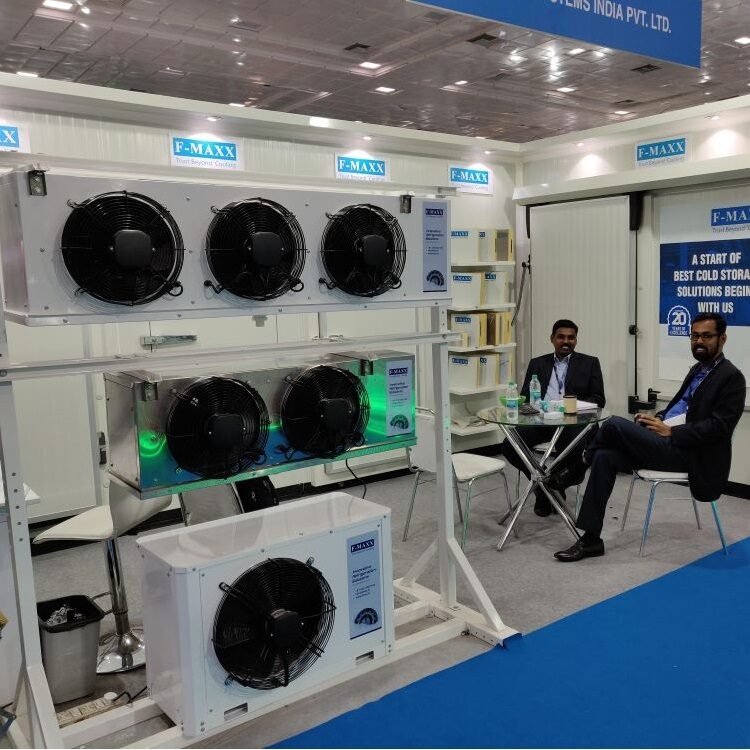In regions with colder climates, the demand for efficient heating solutions for hot water generation and drying processes is paramount. Heat pumps, leveraging the principles of thermodynamics, offer a versatile and eco-friendly solution to address these needs.
Understanding Heat Pumps
A heat pump is a device that transfers thermal energy from a lower temperature to a higher temperature using a refrigeration cycle. It operates on the principle of moving heat rather than generating it, making it an energy-efficient alternative for heating.
Applications for Hot Water Generation
In cold countries, heat pumps are extensively used for hot water generation. They extract heat from the ambient air, ground, or water sources and upgrade it to a higher temperature suitable for domestic or industrial hot water purposes. This process significantly reduces energy consumption compared to traditional heating methods, making it cost-effective and environmentally friendly.
Heat Pumps in Drying Processes:
Another promising application of heat pumps lies in drying systems. In cold climates where natural drying is limited, heat pumps offer an efficient way to dry various materials, including agricultural products, lumber, textiles, and more. By controlling humidity and temperature, heat pumps facilitate faster and controlled drying, preserving the quality of the dried products.
Advantages of Heat Pumps for Hot Water Generation and Drying in Cold Climates
1. Energy Efficiency Heat pumps can provide substantial energy savings compared to conventional heating methods.
2. Environmental Benefits
They significantly reduce carbon emissions by utilizing renewable energy sources like air, water, or ground heat.
3. Versatility Heat pumps can be adapted to various applications, offering flexibility in meeting diverse heating and drying needs.
4. Consistent Performance
They maintain steady temperatures and humidity levels, ensuring uniform drying and hot water supply.
Challenges and Considerations
Despite their numerous advantages, heat pumps may face challenges in extremely low temperatures. Specialized designs and backup systems are sometimes necessary to optimize their performance in severe cold conditions.
Conclusion
Heat pumps are indispensable in addressing the demands for hot water generation and drying in cold countries. Their energy-efficient nature, versatility, and eco-friendly operation make them a sustainable choice for meeting heating and drying requirements while reducing carbon footprints.










